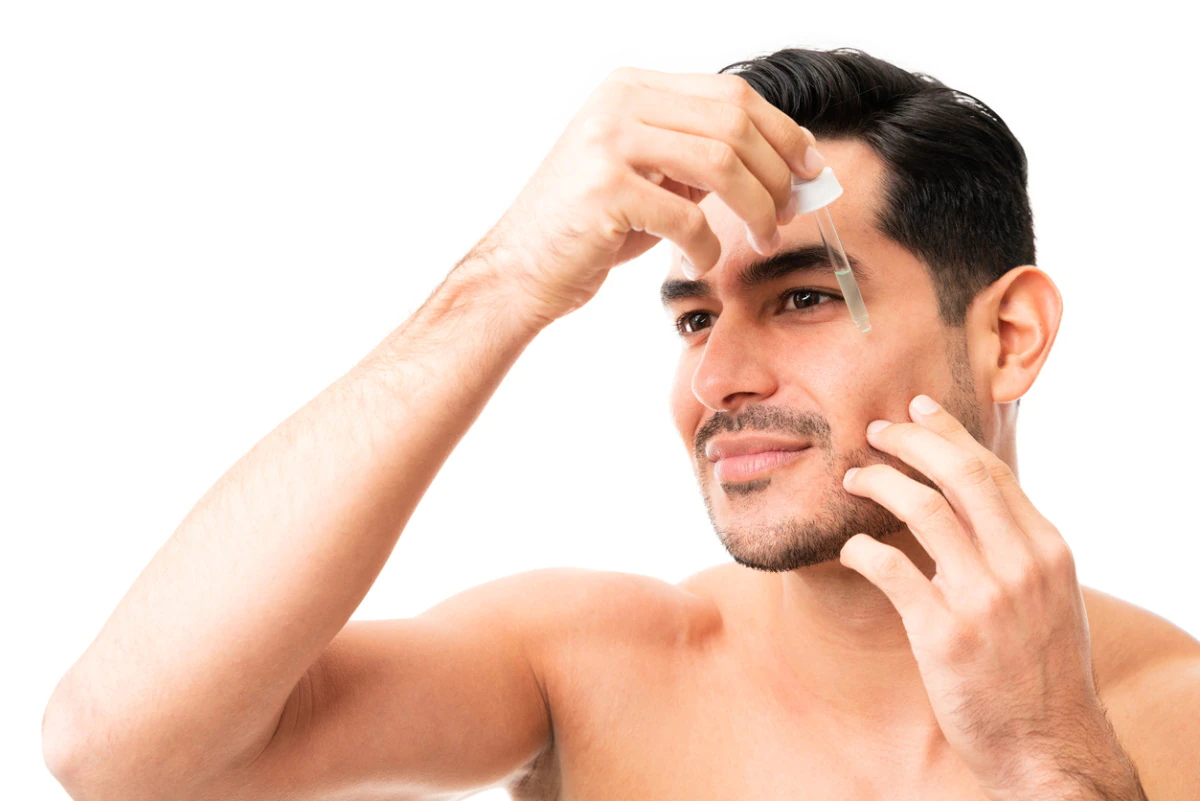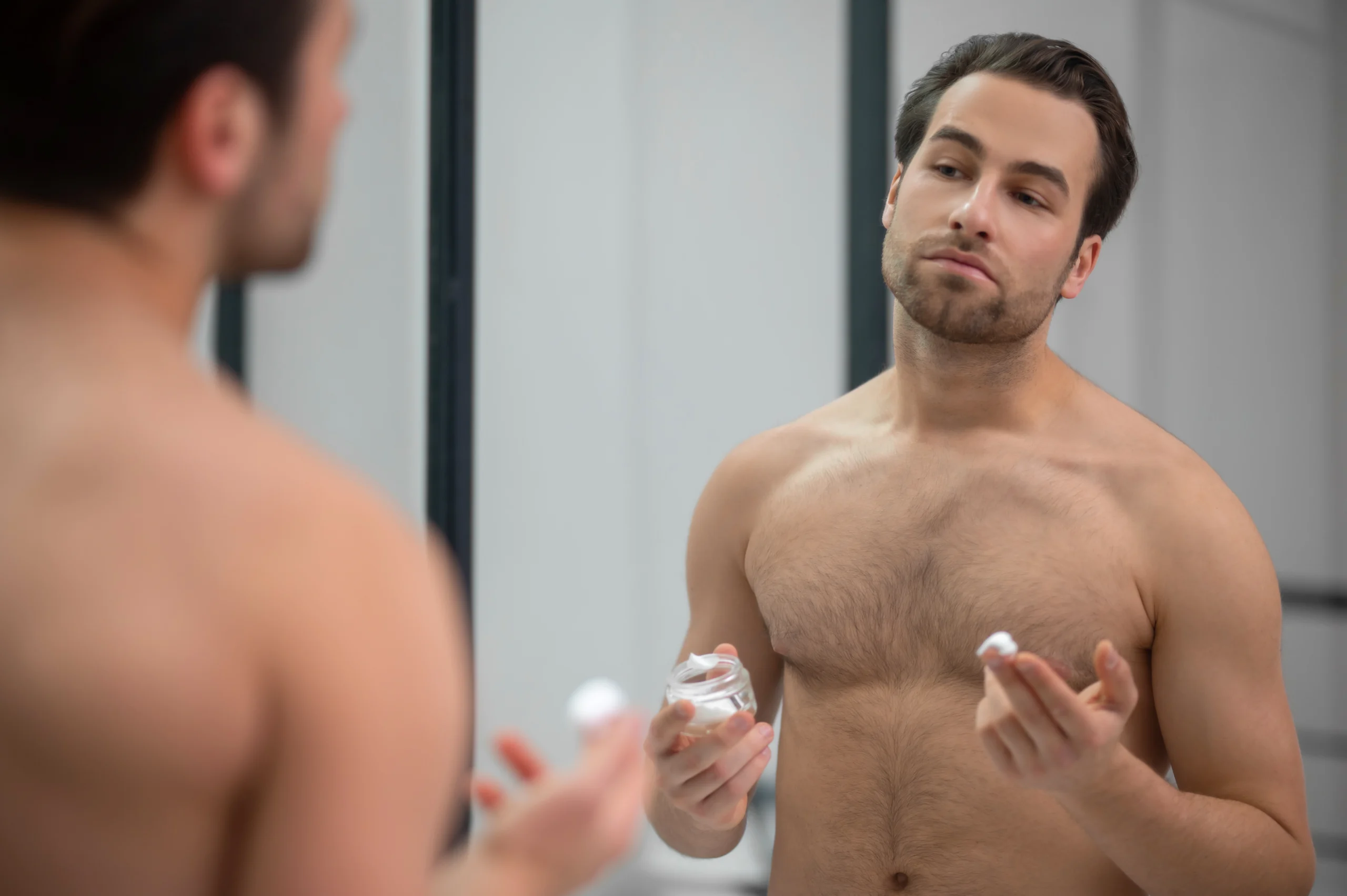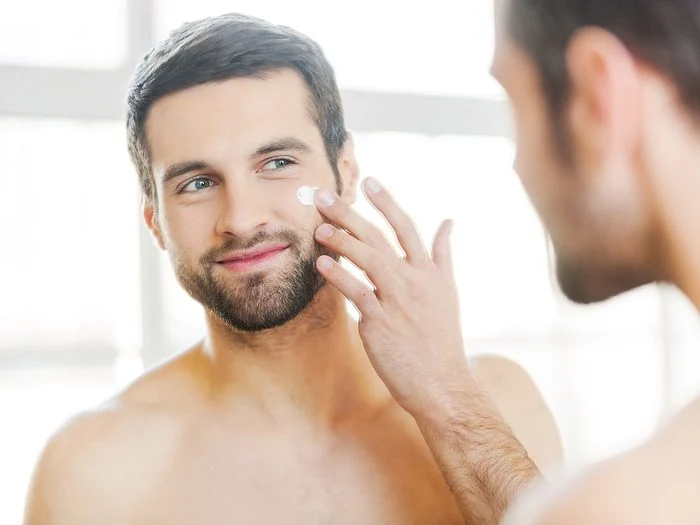How to replace dry skin with dewy skin
Dry skin in winter can be a big problem for many people, our skin reacts very much to the change in temperature. Symptoms can vary from person to person and so can the level of dryness. It can be solved or controlled by several treatments, some rules can be followed to prevent the skin from drying out. But before we know more, let’s know about the symptoms and causes of dry skin.

Symptoms of dry skin:
Our skin has an upper layer known as the skin barrier which prevents the skin from getting damaged but due to extreme weather changes in winter, the skin becomes extremely dry which makes it itchy.
The symptoms of dry skin include skin tightness, flaking, itch, Scaling or peeling, Cracks, and fine lines. A person can suffer from all of them at the same time. Appropriate treatment should reduce the severity.
Causes of dry skin:
One of the main causes of dry skin in winter is a lack of humidity or cold weather, but it can also be caused by excessive scrubbing and bathing. You need to use products that are not friendly to dry skin types.
Skin need to be treated
The skin can crack due to dryness, allowing bacteria to enter and lead to an infection that can turn into a bigger problem. It is more likely that the broken skin can bleed and cause complications. To avoid all these, one needs to treat it well and take care of it in the future.

Skincare steps to protect your skin:
Exfoliating:
Exfoliating is important for dry skin, but if you have very dry skin, it is best not to use chemical exfoliation as many exfoliants may not suit your skin. There are a few products that are essential for dry skin types, AHAs are water-based and aid the skin to lock in moisture. Glycolic acid aids stop dead skin cell growth. Using glycolic acid daily will help the skin achieve a soft or smooth touch.
Gentle cleansers:
Many soaps and face washes contain harsh chemicals that are too harmful to dry skin types. Try to avoid alcohol or sulfates containing products. Always try to use products that contain hyaluronic acid, aloe vera, niacinamide, glycerin, ceramides, and pH-balancing properties.
Moisturizing:
Moisturizing your skin will help in many ways which have many benefits like your skin will feel softer and more elastic and it will also keep your skin hydrated. But one thing is that you can’t use every moisturizer on your face just use those which are suitable for your skin type. The best way to get moisturizer into your skin is to use it daily on damp skin or after showering.
Limit your shower time:
Hot or Warm water can help to remove your skin’s natural oils. Try not to shower for more than 10 to 15 minutes a day.
Friendly clothes:
Use towels made of natural fibers like cotton so that your skin can breathe and rest for a while.

External care also good for dewy skin
No external care alone is enough to achieve glowing and dewy skin, especially in winter eating a healthy and antioxidant-rich diet is just as important as a skincare routine. You need to add some healthy fruits and vegetables to your diet like:
Green vegetables:
Greens like spinach, kale, and mustard greens are rich in vitamin K and have anti-inflammatory properties. It contains sulfur which helps to reduce the redness and shine of the skin. Vitamin K helps nourish the skin and lock in moisturizer.
Berries:
By eating berries you can get rid of wrinkles, fine lines, and radicals deliciously and healthily. Berries are rich in antioxidants, high in vitamin C, and low in calories.
Carrots:
Carrots are rich in antioxidants, vitamin A, and vitamin C, and produce collagen. They contain proteins that are good for skin elasticity. It helps prevent fine lines and wrinkles and also prevents cells to damage.
Foods rich in vitamin D:
Vitamin D3 is most valuable for the skin as it protects the skin from ultraviolet rays. Oily fish such as mackerel, red meat, liver, salmon, sardines, herring, and egg yolks, as fortified foods such as whole grains, and saturated fat food there are rich in vitamin D.
There are a few nuts that are equally important and beneficial for glowing skin:
Cashews:
Rich in acne-fighting nutrients, selenium, zinc, and vitamin E. This hydrate the skin, and the zinc it contains helps boost immunity and cell growth that can heal acne-damaged skin.
Pistachios:
It contains good cholesterol and antioxidants that reduce the growth of acne by controlling blood sugar levels.
Walnuts:
Contains anti-inflammatory properties and omega-3 fatty acids. Walnuts prevent fine lines and wrinkles. A handful of these nuts will be beneficial for glowing skin.
Almonds:
They are rich in vitamin E, fiber, and protein. It keeps the skin hydrated and also prevents certain skin diseases like acne, dark spots, and eczema.

